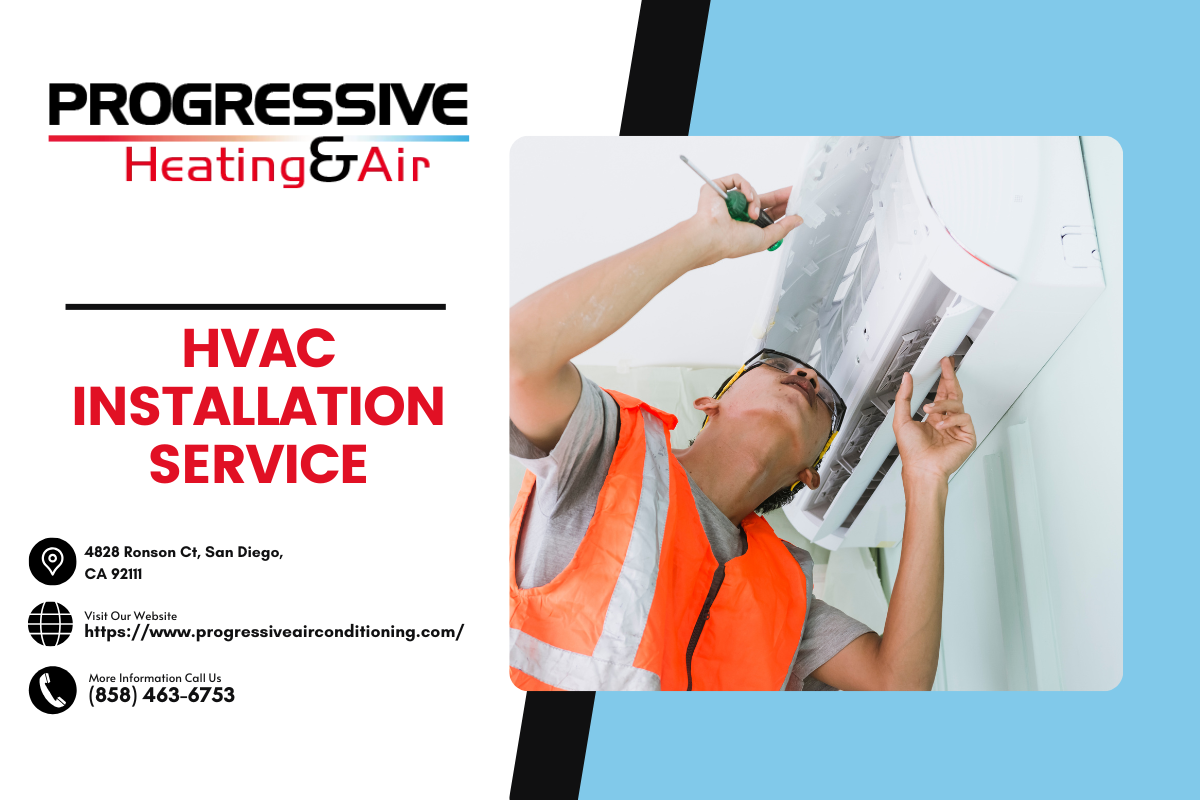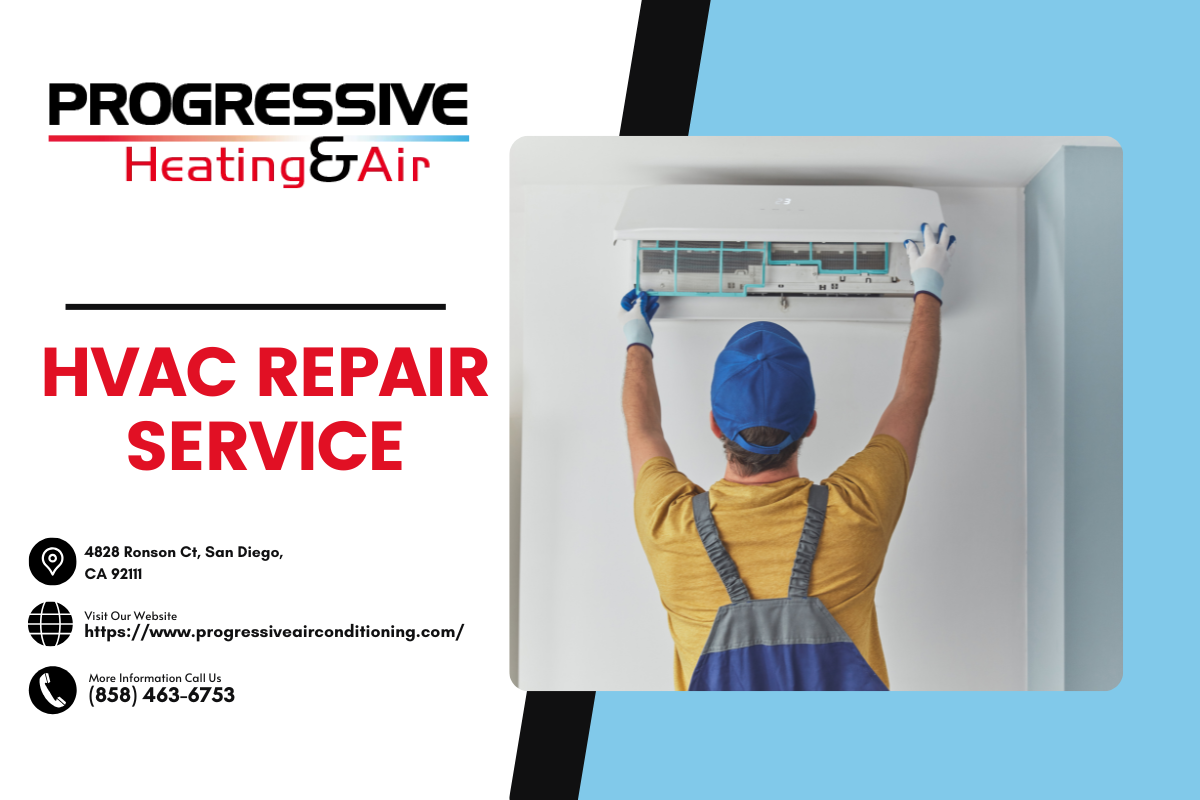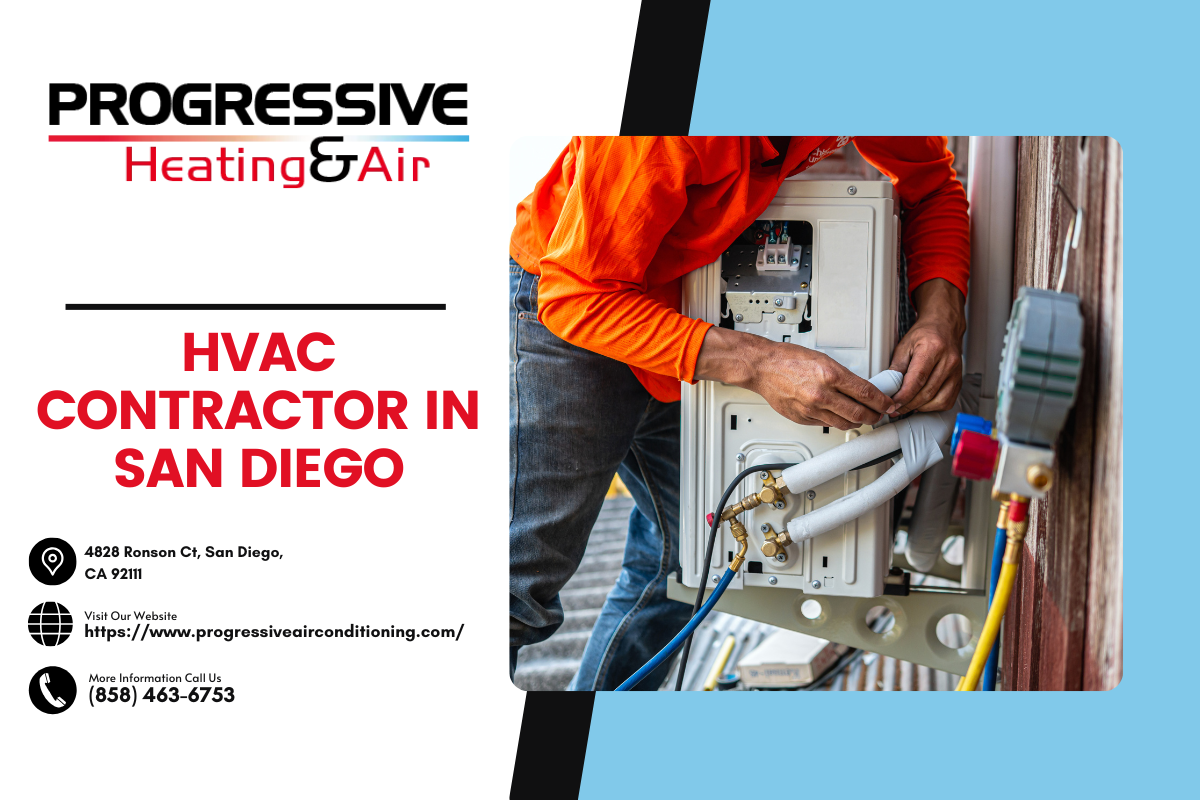


Introduction
When the sweltering heat of summer arrives, ensuring your home remains cool and comfortable is essential. However, finding the right cooling solution that fits your budget can often feel overwhelming. With numerous options available—from central air conditioning systems to portable units—how do you decide? In this article, we will explore Cooling Solutions for Every Budget: Local Contractor Recommendations to help you make informed decisions. We will also provide insights into selecting a reliable HVAC service provider and what to expect from them.
Cooling Solutions for Every Budget: Local Contractor Recommendations
When it comes to cooling solutions, understanding what’s suitable for your specific needs and budget is crucial. Not every option will be ideal for every household, which is why consulting with a trusted HVAC contractor can provide valuable insights tailored to your situation.
Types of Cooling Systems
1. Central Air Conditioning Systems
A central air conditioning system is often considered the gold https://www.progressiveairconditioning.com/ standard in cooling solutions, especially for larger homes.
- Advantages: Consistent temperature control throughout the house. Often quieter than window units. Can improve indoor air quality with proper filtration. Disadvantages: Higher installation costs. Requires ductwork, which may not be present in all homes.
2. Ductless Mini-Split Systems
Ductless mini-split systems offer flexibility and efficiency without the need for ductwork.
- Advantages: Easy installation. Allows for zoning capabilities—cooling only specific areas as needed. Energy-efficient operation. Disadvantages: Higher upfront costs compared to window units. Aesthetic concerns regarding the indoor units mounted on walls.
3. Window Air Conditioners
Window AC units are a more budget-friendly option that can effectively cool single rooms or smaller spaces.
- Advantages: Lower initial cost. Simple installation process—ideal for renters. Disadvantages: Less energy-efficient than central systems. May obstruct views or block sunlight when installed.
4. Portable Air Conditioners
Portable air conditioners provide flexibility in cooling but come with their own set of pros and cons.
- Advantages: Mobile—they can be moved from room to room. No permanent installation required. Disadvantages: Noise levels tend to be higher. Generally less efficient than other options.
Selecting the Right HVAC Company
Finding a licensed HVAC company that meets your needs is critical when considering any cooling solution. Here’s how to narrow down your options:
Research Local Contractors
Search for “HVAC company near me” online or ask friends and family for recommendations. Look at online reviews and testimonials to gauge their reputation in the community.
Verify Licensing and Insurance
Always choose a licensed HVAC contractor who carries liability insurance. This protects both you and them during installation or repair work.
Request Estimates and Compare Quotes
Obtain detailed estimates from multiple contractors before making your decision. Ensure each estimate includes labor, equipment costs, warranties, and potential maintenance fees.
Understanding Installation Costs
The cost of installing an HVAC system varies based on several factors:
| Type of System | Average Installation Cost | |------------------------------|--------------------------| | Central Air Conditioning | $3,500 – $7,500 | | Ductless Mini-Split | $2,000 – $5,000 | | Window Air Conditioners | $150 – $600 | | Portable Air Conditioners | $200 – $800 |
Financing Options Available
If your budget is tight but you still need effective cooling solutions, many HVAC companies offer financing options. Some even have partnerships with financial institutions to provide customer-friendly payment plans or zero-interest financing options over extended periods.
Energy Efficiency Considerations
When choosing an HVAC system, consider its energy efficiency rating (SEER). A higher SEER rating means better efficiency—resulting in lower utility bills over time:
- Systems with a SEER rating of at least 14 are generally considered efficient. Look for ENERGY STAR® certified models which meet rigorous efficiency standards set by the EPA.
Regular Maintenance Importance
No matter which cooling solution you choose, regular maintenance is key to keeping your system running efficiently:
- Schedule annual inspections with a trusted HVAC contractor. Change filters regularly (typically every three months). Clean coils and outdoor units as needed to prevent build-up that reduces efficiency.
DIY vs Professional Installation: Pros & Cons
While some homeowners might consider DIY installation as a way to save money, there are significant risks involved:
DIY Installation Pros
Cost Savings: You won’t pay labor fees. Flexibility: You can work on your own schedule.DIY Installation Cons
Lack of Expertise: Mistakes could lead to costly repairs later on. Voided Warranty: Many manufacturers require professional installation for warranty coverage.Ultimately, hiring a licensed HVAC contractor ensures that your system is installed correctly and operates efficiently from day one.
FAQ Section
What should I look for when choosing an HVAC company?
Look for licensing credentials, insurance coverage, experience in the field, customer reviews, warranties on work performed, and transparent pricing estimates!
How often should I perform maintenance on my AC unit?
It’s recommended to schedule maintenance at least once annually; however, if you use your unit heavily or live in dusty environments, consider biannual check-ups!
Are there any tax credits available for energy-efficient installations?
Yes! The federal government offers tax incentives through programs like ENERGY STAR® that may apply depending on your state’s regulations!
How long do typical air conditioning units last?
Most residential air conditioning units last between 15 to 20 years with proper maintenance!
What size AC unit do I need?
The size depends on various factors including square footage of home; consulting an HVAC contractor will help determine appropriate sizing based on load calculations!
Is it worth investing in smart thermostats?
Absolutely! Smart thermostats enhance energy efficiency by optimizing settings based on usage patterns while providing remote control via smartphone apps!
Conclusion
Choosing the right cooling solutions doesn’t have to break the bank or overwhelm you with choices! By understanding different types of systems available along with their advantages/disadvantages while working closely with reputable local contractors—you’ll find effective methods tailored specifically toward meeting both comfort levels & financial constraints! Remember always prioritize energy-efficient models; it saves money long-term plus helps protect our environment! So don’t sweat it out this summer; reach out today so we can assist every step along way towards achieving ideal climate indoors!